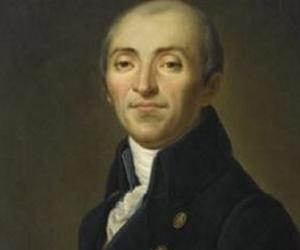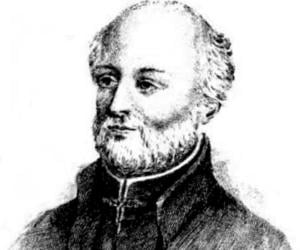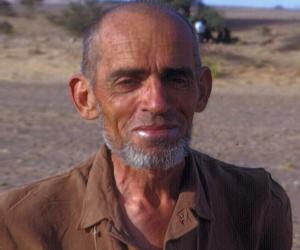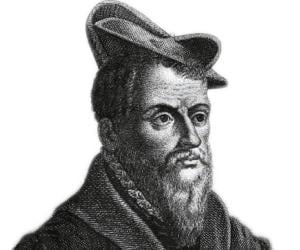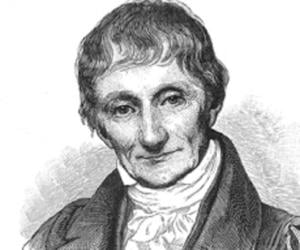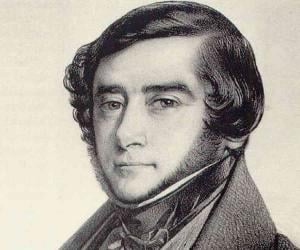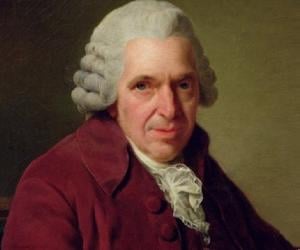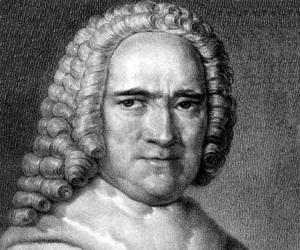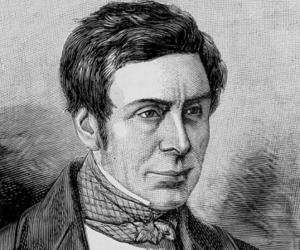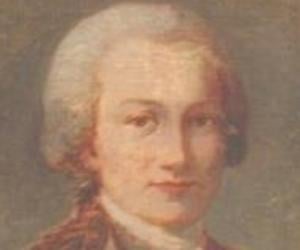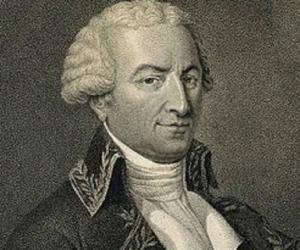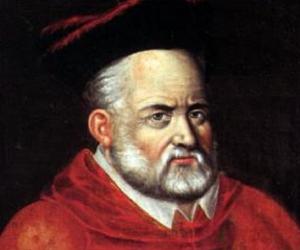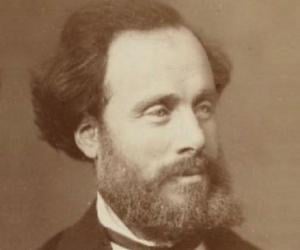1
Étienne Geoffroy Saint-Hilaire
(French Naturalist Who Is Known for Establishing the Principle of 'Unity of Composition')
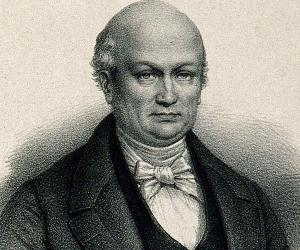
15
3
Birthdate: April 15, 1772
Sun Sign: Aries
Birthplace: Étampes, France
Died: June 19, 1844
Étienne Geoffroy Saint-Hilaire was a prominent French naturalist known for establishing the principle of "unity of composition" in organismal design. He collaborated with Jean-Baptiste Lamarck, expanding and defending Lamarck's evolutionary theories. Geoffroy's transcendental scientific views, contrasting Lamarck's materialistic approach, were influenced by German morphologists like Lorenz Oken. He conducted research in comparative anatomy, paleontology, and embryology, accumulating evidence to support his belief in the transmutation of species over time. Geoffroy is recognized as a forerunner of the evo-devo evolutionary concept.
